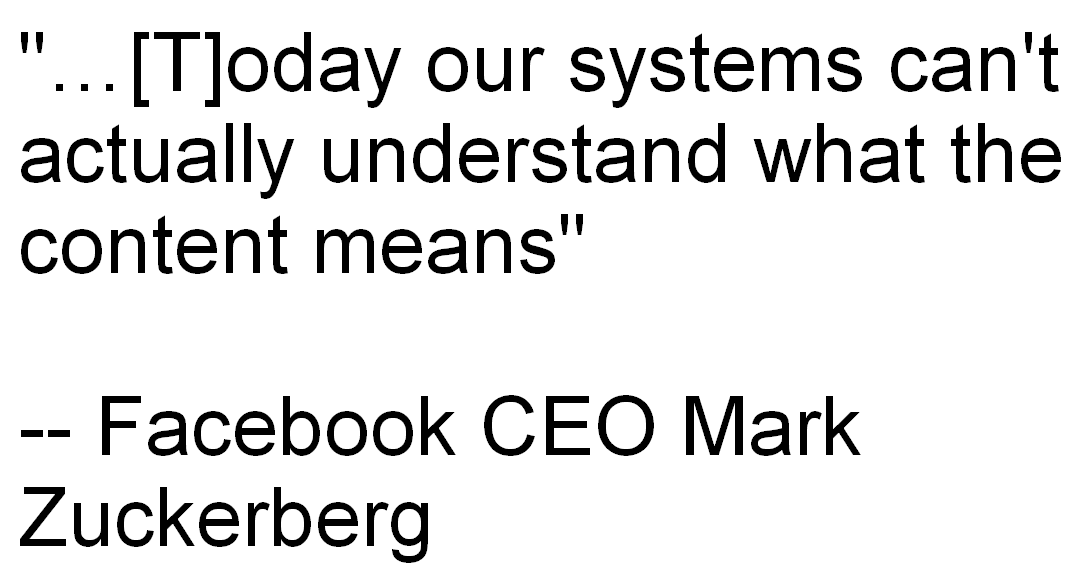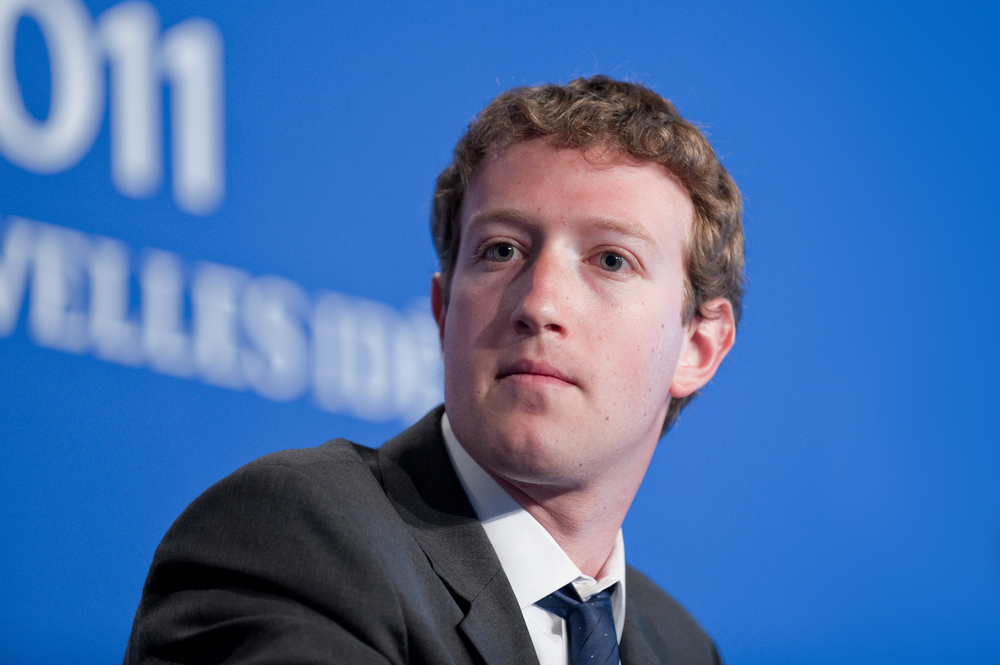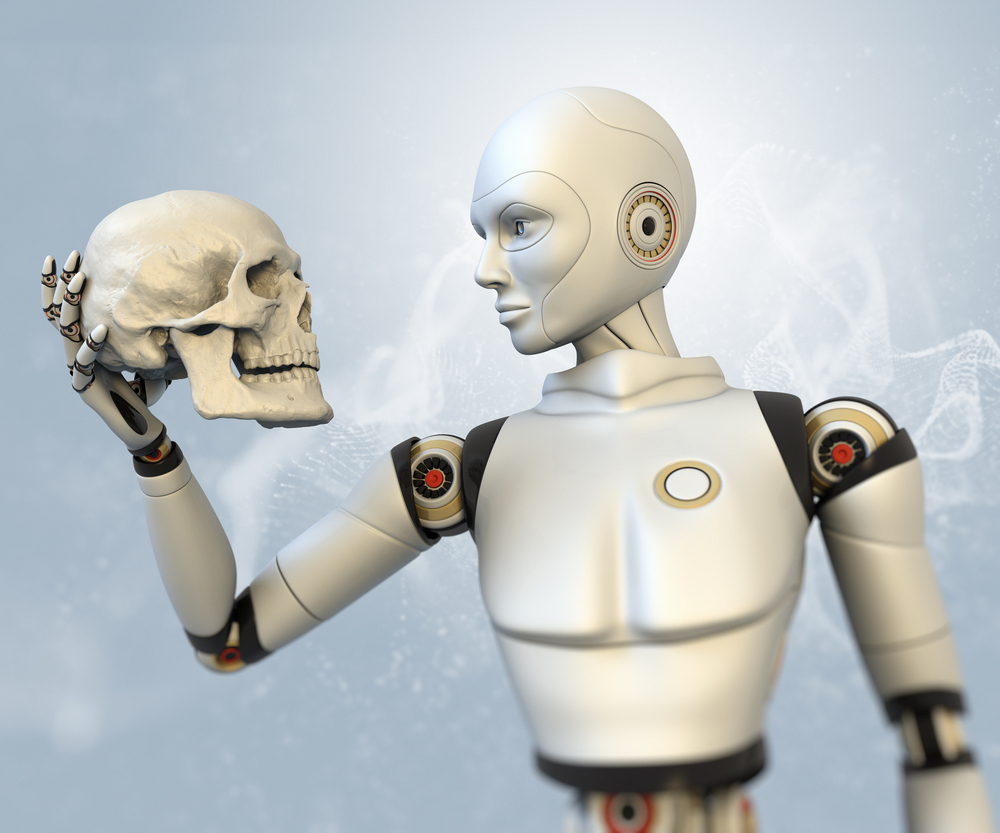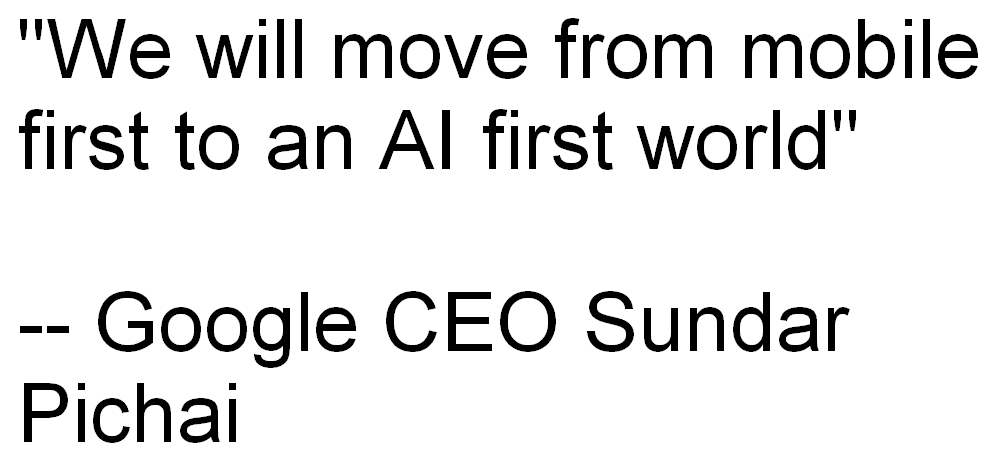
AI to Surpass Human Perception in 5 to 10 Years, Zuckerberg Says

(Lightspring/Shutterstock.com)
Machine learning-powered artificial intelligence will match and exceed human capabilities in the areas of computer vision and speech recognition within five to 10 years, Facebook CEO Mark Zuckerberg predicted this week.
Like most of the Web giants, Facebook (NASDAQ: FB) uses machine learning technology to leverage its massive data set and deliver better services to its customers. Algorithms work behind the scenes at Facebook to do things like recommend new connections to Facebook users, to present content that matches a user’s interest, and to block spam.
But the company is starting to use machine learning is more advanced ways, such as for facial recognition on pictures posted to the site. After identifying a person in a photo, the new Moments app can even recommend to a user that she share it with that person.
However, for all the apparent intelligence of these Facebook machines, they still operate in a somewhat rudimentary fashion, and are basically making educated guesses about what to recommend. The triangulation is relatively basic upon what amounts to sparse data, and correlations to reality may be off.
“That’s because today our systems can’t actually understand what the content means,” the Facebook founder and chairman said during a conference call Wednesday. “We don’t actually look at the photo and deeply understand what’s in it or look at the videos and understand what’s in it or read the links that people share and understand what’s in them. But in the future we’ll be able to, I think in a five or 10-year period.”
Facebook has invested large sums into AI, including new GPU-powered hardware to run big AI workloads. In December the company announced that it was sharing the design of its next-generation GPU-powered server, dubbed “Big Sur,” with the open source community and the Open Compute Project.

Zuckerberg says AI advancements will give machines sensory capabilities that are superior to humans within five to 10 years ( Frederic Legrand – COMEO/Shutterstock)
“We want to make it a lot easier for AI researchers to share techniques and technologies,” Facebook engineers Kevin Lee and Serkan Piantino wrote. “We believe that this open collaboration helps foster innovation for future designs, putting us all one step closer to building complex AI systems that bring this kind of innovation to our users and, ultimately, help us build a more open and connected world.”
According to Zuckerberg’s prediction, we’ll have AIs with human-level perception within the 2021 to 2026 timeframe. When that happens, humans will benefit from a lot better “experiences,” as he puts it, such as a better news feed on the Facebook app.
“So the biggest thing that we’re focused on with artificial intelligence is building computer services that have better perception than people, so the basic human senses like seeing, hearing, language, core things that we do,” he said during the conference call. “I think it’s possible to get to the point in the next five to 10 years where we have computer systems that are better than people at each of those things. That doesn’t mean that the computers will be thinking or be generally better, but that is useful for a number of things.”
AI’s Big Bang
The combination of GPU-accelerated servers, huge sets of training data, and deep learning algorithms is accelerating the evolution of AI and helping to define the next generation of big data analytics. Jen-Hsun Huang, the CEO and co-founder of GPU maker NVIDIA (NASDAQ: NVDA), recently said we’re five years past the “big bang of AI,” which he likened to Thor’s hammer falling out of the sky.

“You can call me AI” (Tatiana Shepeleva/Shutterstock)
Not to be outdone, Facebook’s rival Google (NASDAQ: GOOG) is also taking steps to leverage AI. Since acquiring the deep learning startup DeepMind in 2014, the company has delivered several items of note, including an AI-powered computer victory over a human champion in the ancient Chinese game of Go; a medical analytics service called DeepMind Health; and a paper in the journal Nature that describes how it used deep neural networks with reinforcement learning (RL) to create a system that can play Atari 2600 games at a “superhuman level.”
DeepMind co-founder Demis Hassabis, who is also neuroscientist and a chess prodigy, says we have some smart tools, that make our lives a little bit better, like the personal digital concierge Siri from Apple (NASDAQ: AAPL).
“But they’re very limited in their domain in terms of what they can actually do,” Hassabis says in a video posted to the DeepMind website. “And I think the big challenge for society over the next decade or two is actually dealing with the massive amount of data” that we’re generating.
An AI-First World
Whether it takes five years or 20, there seems to be a consensus from our tech leaders that the AI of our dreams will soon be here. Even Tesla and SpaceX founder Elon Musk, who warned that continuing to develop AI was akin to “summoning the demon,” is doing work in this area. This week, a Musk-backed effort called OpenAI Gym–a new open source tool to help developers work with AI and ML technologies, in particular RL–opened its doors to the public for the first time.
Google CEO Sundar Pichai says the time is nearing where AI-enhanced services will become pervasive.
“Looking to the future, the next big step will be for the very concept of the ‘device’ to fade away,” Pichai, who formerly led engineering on the Android OS, wrote in Google’s annual “Founder’s Letter” posted to Google’s blog. “Over time, the computer itself—whatever its form factor—will be an intelligent assistant helping you through your day. We will move from mobile first to an AI first world.”
Related Items:
GPU-Powered Deep Learning Emerges to Carry Big Data Torch Forward
New NVIDIA GPU Drives Launch of Facebook’s ‘Big Sur’ Deep Learning Platform
Google Buys DeepMind for Artificial Intelligence Tech






























